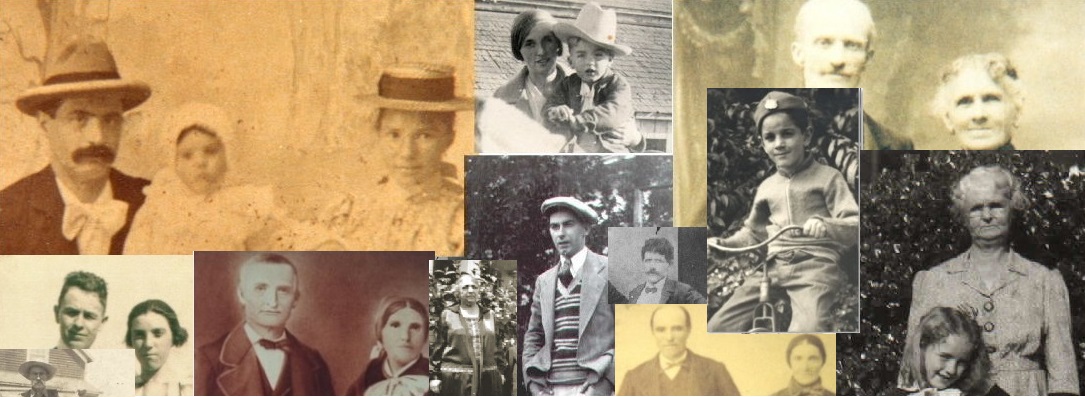This weeks challenge from Randy at Genea-Musings is to blog about one of my most satifying genealogy moments. Without a doubt, it has to be finding out that my Great Grandfather, Theodoro Pacheco (aka Theodore P. Smith) died of leprosy.
As a child I was told that Theodoro brought his family to California from Hawaii. When he got Oakland, he couldn’t believe how many Pacheco’s there were (no doubt, all related!). He decided he wanted a good American name, so he changed his surname to Smith.
When I heard this story I would laugh and think “What a dumb immigrant! He changed his name to the most common last name on the face of the planet.”
When I began working on my family tree, I started to think about this story more critically. I learned a little about Hawaii’s history especially during the sugar plantation era. I noticed in census records that there were a heck of alot of Pacheco’s on Kauai. Why didn’t he change his surname before he left if it bugged him so much? Why would he change his surname just because other people had the same one has him? It didn’t really make any sense.
I didn’t really know anything about my Portuguese roots, so I began to search for cousins no matter how distantly related. The more I interviewed, the more I realized that the other parts of the family had a different narrative. First, it was clear that someone in my tree had been very ill and had to escape wherever they had lived–the Azores or Hawaii.
Then I started hearing a more specific story about my Great Grandfather. I was told that he contracted some disease and that he was smuggled from Hawaii to California. His surname was changed to protect the identity of the family.
This is when I began to wonder if he had leprosy (later known as Hansen’s Disease). It was the one disease that was present in the Hawaiian Islands that struck fear in the hearts of family members and those you came in contact with. It was the one disease that meant deportation to the island of Molokai which meant that you’d be separated from your family forever.
I became convinced that my Great Grandfather had leprosy, but I had no proof. I needed to get his death certificate. I found out when he died and ordered the certificate from the State of California. Then I waited…and waited. As a beginning genealogist, I had no idea how long it took to get a darn certificate from the state!
One day an official looking enveloped ended up in my mail box. I tore it open and held Theodoro’s death certificate in my hands. And, there it was…cause of death…leprosy.
From there I could piece together the story taken from various interviews. Theodoro was diagnosed with leprosy sometime around 1905. The family was heart sick because he received his deportation orders. At that time, you could not take a family member with you–not even your spouse. It was a lonely exile.
So, his siblings and in-laws contrived a plan. They would pay to have Theodoro smuggled aboard a ship to California. He would hidden away. Then in California, the family would disembark as the Smith family.
This was no easy task. Theodoro’s health was failing. His wife was pregnant. They had four young children as well.
Somehow they managed it. Though most of the Pacheco’s knew about Theodoro’s disease, his own grandchildren did not. When I learned that Theodoro had leprosy it was the first time any of them had known that he had the disease and the truth behind the family’s name change. It was a secret Theodoro, his wife, and children took to their graves.
It may seem silly now since leprosy is no longer seen in the same light. But, in 1906, it was considered the worst disease someone could be diagnosed with. It spead easily and was feared. I suspect that even when they got to California, they feared deportation and perhaps imprisonment since hiding leprosy was a considerable offense against public health safety.
Getting that death certificate was my most satisfying genealogy moment. I learned that instincts play a part in research. But, proof makes it all the more sweet! Knowing the truth transformed Theodoro from an uneducated immigrant to a shrewd man who with the help of his family found a way to stay with his wife and children, though at considerable risk to everyone around him. I would not have understood this had I not found the death certificate.







What a wonderful story!It is so nice to get that piece of information that proves a hunch!Your Great-Grandfather was a man of great courage and resourcefulness.The things our ancestors had to do just to survive and take care of their loved ones leave me in awe.thank you for sharing this!